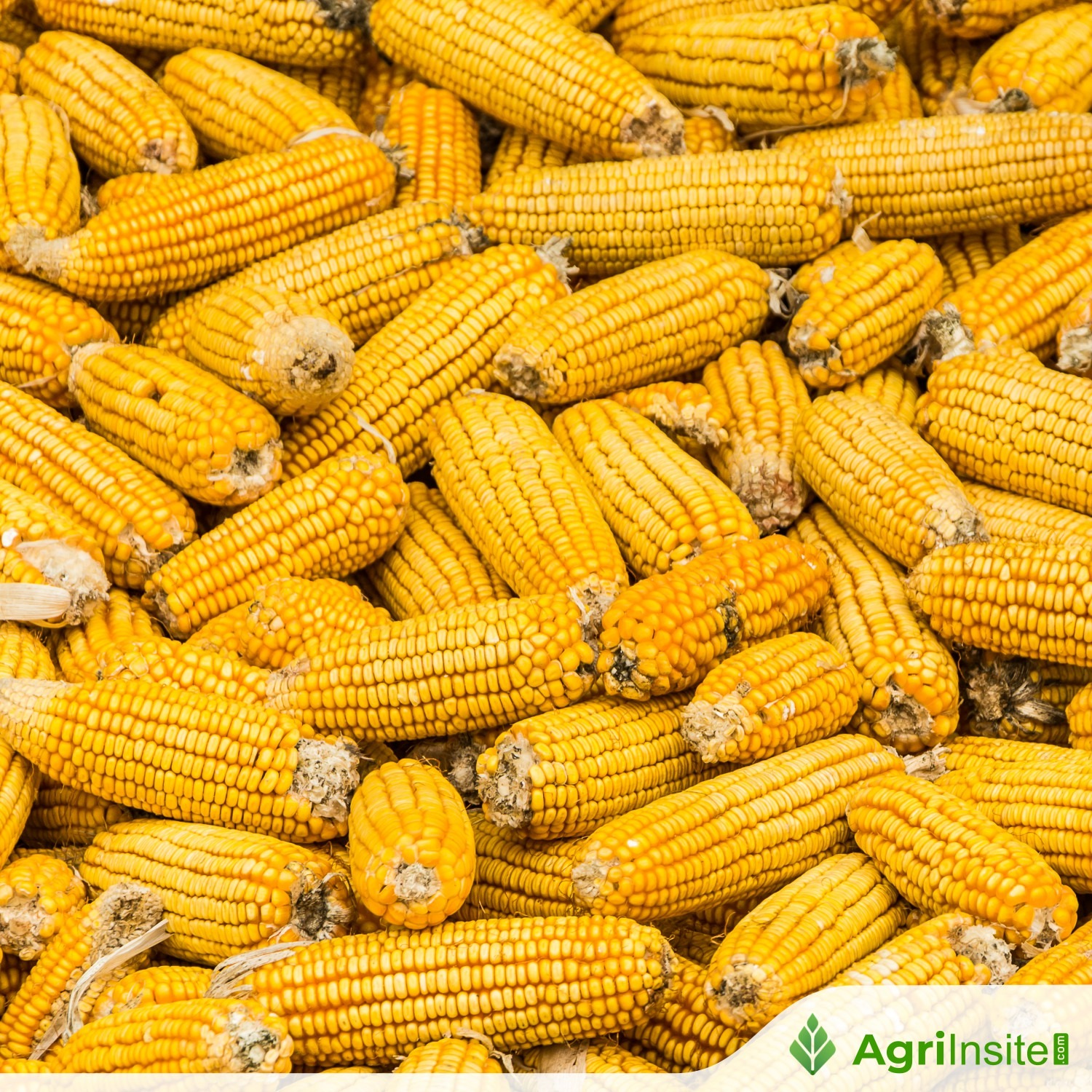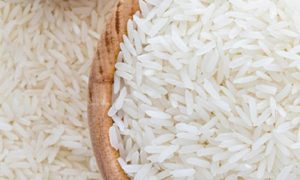Trump tariffs are working: Thailand ditches maize import duty

Thailand has announced a major cut in import duties on U.S. corn to lower animal feed costs, aiming to support its livestock and poultry industries. The decision follows a 90-day suspension of high U.S. tariffs, offering relief amid global trade pressures. Analysts see this as a strategic step toward stabilizing food input prices and enhancing trade resilience.
Thailand has announced plans to significantly reduce import duties on corn from the United States, a measure expected to lower animal feed production costs nationwide. Finance Minister Pichai Chunhavajira confirmed that the move aims to capitalize on cheaper U.S. corn prices, which should translate into reduced expenses for the country’s livestock and poultry industries.
The decision comes as Thailand, along with other Southeast Asian nations, grapples with the lingering effects of trade policies implemented under former U.S. President Donald Trump. These measures included unexpectedly high tariffs, reaching up to 36%, which disrupted regional agricultural markets. In response, Thailand has secured a 90-day suspension of these U.S. tariffs, providing officials with critical breathing room to refine their trade strategy.
The U.S. remains Thailand’s largest export market, accounting for 18.3% of total shipments—equivalent to $54.96 billion in 2023. However, this trade relationship is heavily imbalanced, with the U.S. recording a $45.6 billion trade deficit with Thailand. The tariff reduction on corn imports is seen as a tactical step to ease economic pressures while addressing domestic industry concerns.
Thailand’s reliance on imported feed ingredients has grown in recent years due to rising domestic demand for meat and dairy products. The country’s livestock sector, a key driver of its agricultural economy, has faced mounting input costs, exacerbated by global supply chain disruptions and inflationary pressures. Cheaper U.S. corn could provide much-needed relief, though analysts caution that long-term solutions will require broader trade adjustments and potential shifts in domestic production strategies.
The temporary tariff suspension underscores Thailand’s efforts to navigate an increasingly volatile global trade landscape. With regional competitors like Vietnam and the Philippines also reassessing their agricultural import policies, the move signals a broader trend of Southeast Asian nations seeking to mitigate external economic shocks while stabilizing local markets.
To Read more about Maize News continue reading Agriinsite.com
Source : Mice times Asia















